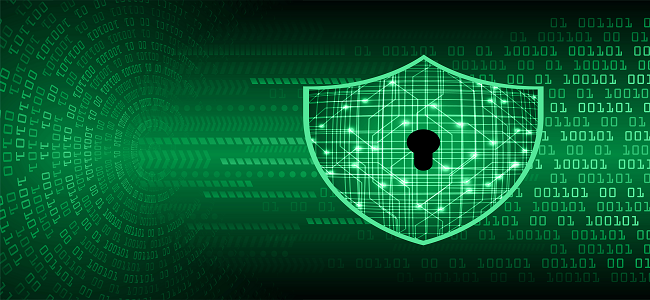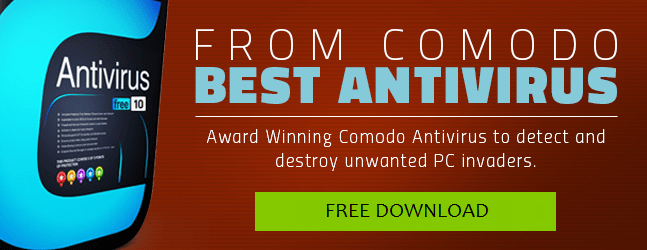It is imperative to understand that personal information is getting more vulnerable than ever. The increasing number of sophisticated cybercriminals prompts more cases of identity theft and data breaches. Gone are the days when simple firewalls and antivirus software are enough to keep your systems secure. Now, it is crucial to keep yourself updated about the different malwares that can harm your PC and know what’s the best free antivirus that you can use.

What is Malware?
Malware is a short term for malicious software. Created and deployed by cybercriminals, it compromises computer functions, steals data, bypasses access controls, or causes harm to the host computer.
Today, malwares are becoming common and appearing more frequently, targeting individual users as well as organizations. Its creation and proliferation enables online intruders to gain unauthorized access to computing devices, steal personal information, spy without the user intent, and much more. Malware may come in various forms such as bots, rootkits, spyware, Trojan horses, viruses, and worms.
Bots
Internet robots or bots are software applications that automatically perform specific tasks. While not all of them are harmful, some bots are being used maliciously. Bots can record keystrokes, collect passwords, capture and analyze packets, gather financial information, launch Denial of Service (DOS) Attacks, and relay spam. Using what’s the best free antivirus can help keep out bots from your system.
Ransomware
Ransomware is a type of malware that holds a computer system hostage while demanding a ransom. It prevents the user from accessing the computer by encrypting files on the hard drive or locking down the system. Cybercriminals usually threaten to publish the victim’s files or restrict access to it unless a ransom is paid.
Rootkit
A rootkit is a software program which has the ability to access or control a computer remotely without being detected by users or security programs. Once deployed, unauthorized personnel can remotely execute files, steal data, modify system configurations, alter software, install concealed malware, or control the computer as part of a botnet.
Users can protect themselves from rootkits by using what’s the best antivirus such as Comodo Internet Security. It scans, detects, and removes rootkits from your computer.
Spyware
Spyware is a malware that observes user activity without their knowledge. It collects keystrokes, and harvests the user’s data (which includes their account information, logins, financial data, and more). The gathered information can be sent to another entity without the consumer’s consent. Spyware can also change the security settings of software or browsers to interfere with network connections. Spyware spreads by exploiting software vulnerabilities, hiding itself with legitimate software, or in Trojans.
Trojan horse
A Trojan horse disguises itself as a legitimate file or program to trick users into downloading and installing malware. It can give a malicious user remote access to an infected computer. Once the attacker accesses the infected computer, it can achieve various attacks – from irritating the user (popping up windows) to damaging the host (deleting files, stealing data, or activating and spreading other malware).
Viruses
A computer virus spreads by inserting a copy of itself into and becoming part of another program. It transmits infection from one computer to another as it travels. Viruses can cause mild to severe damage to your data or software, sometimes even causing denial-of-service (DoS) conditions.
Worm
Computer worms impair their host networks by consuming bandwidth and overloading web servers. They also contain “payloads” that damage host computers. Payloads are malicious code that has the ability to steal data, delete files, or create botnets. Computer worms propagate by sending bulk emails with infected attachments to users’ contacts.
Malware Prevention and Removal
To prevent malwares from spreading and further infecting other computers, you must utilize what’s the best free antivirus software and follow the general best practices below.
1. Install and run anti-malware and firewall software.
When selecting an antivirus program, choose a product that provides tools for detecting, quarantining, and removing multiple types of malware. It should basically include features that protect your PC against viruses, spyware, adware, Trojans, and worms. Using anti-malware software along with a firewall will ensure that all your data are safe from being compromised.
2. Keep software and operating systems updated.
Make sure that your software and OS are up to date. These patches can fix bugs or other security flaws that could be exploited by attackers.
3. Be alert when downloading files, programs, attachments.
You must only download files from verified sources. Veer away from websites that seem strange as they often contain malware.

Related Resources
Best Antivirus Software for PC





